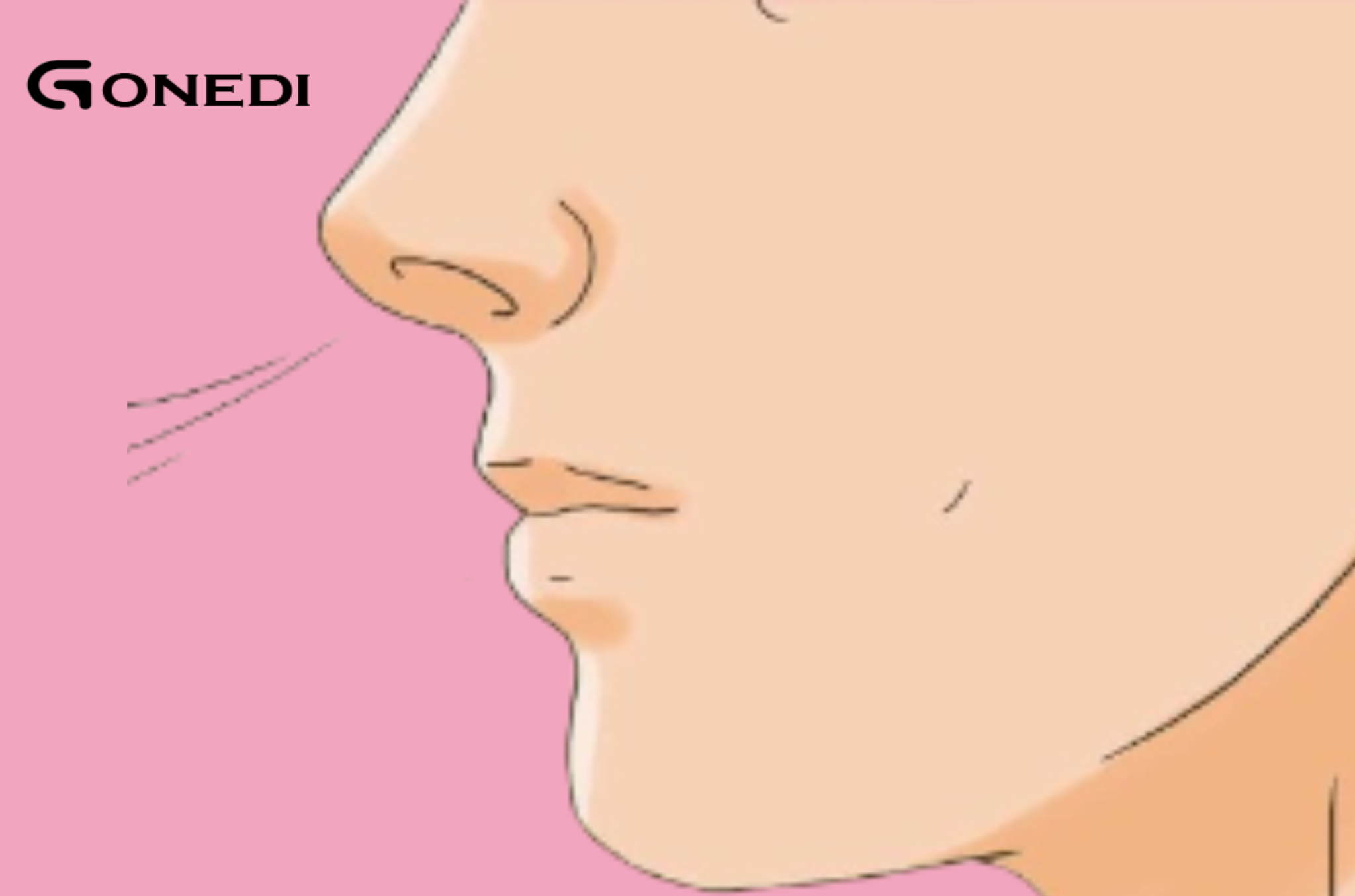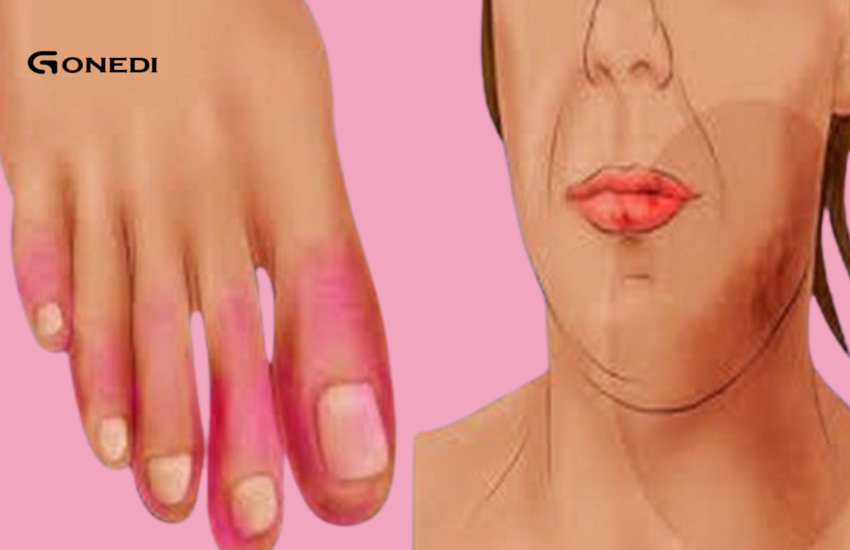Your Nose Is the First Indicator You’re Approaching Death
Introduction
Main Idea: Something dramatic or mysterious to grab attention—such as, “Before your heart beats, before your eyes close forever, your nose may have sensed the end.”
Brief reference to the idea that certain physical signs—particularly around the nose—may indicate declining health or impending death.
Transition to the scientific and cultural observations behind these.
Section 1: The Nose Knows—Scientific Evidence
Changes in Sense of Smell:
How a diminished sense of smell may be linked to neurological decline, especially in older adults.
Cite studies showing that loss of smell function can predict death in older adults.
Possible link to Alzheimer’s, Parkinson’s, and general cognitive decline.
Appearance of the Nose:
Discuss how the skin around the nose may change color (become pale, bluish, or darker) due to poor circulation.
Medical Signs: Blueness, mottling, or even mild swelling as death approaches.
Section Two: Historical and Cultural Beliefs
Many cultures believed that the nose played a role in sensing death or spirits.
The ancient idea that the “last breath” came through the nose.
Myths about the “smell of death”—that the nose picks up certain chemicals when the body stops functioning.
Section Three: The Smell of Death—Biochemically Speaking
How the body begins to secrete certain compounds (such as putrescine or cadaverine) shortly before and after death.
There is some evidence that humans may react subconsciously to the smell of death in others—as a fight-or-flight response.
Section Four: Signs the Nose Gives You—Summary
Checklist of Things to Watch Out For:
Loss of Sense of Smell
Change in Color or Temperature of the Nose
Detecting Strange Smells
Difficulty Breathing or a Dry Nose
Conclusion
The topic concludes with a haunting reflection: perhaps death doesn’t come suddenly—perhaps it whispers first… through the nose.
I leave the reader with a terrifying yet thoughtful line like:
“When your nose forgets the scent of roses, it may be time to stop and smell what’s left of life.”


